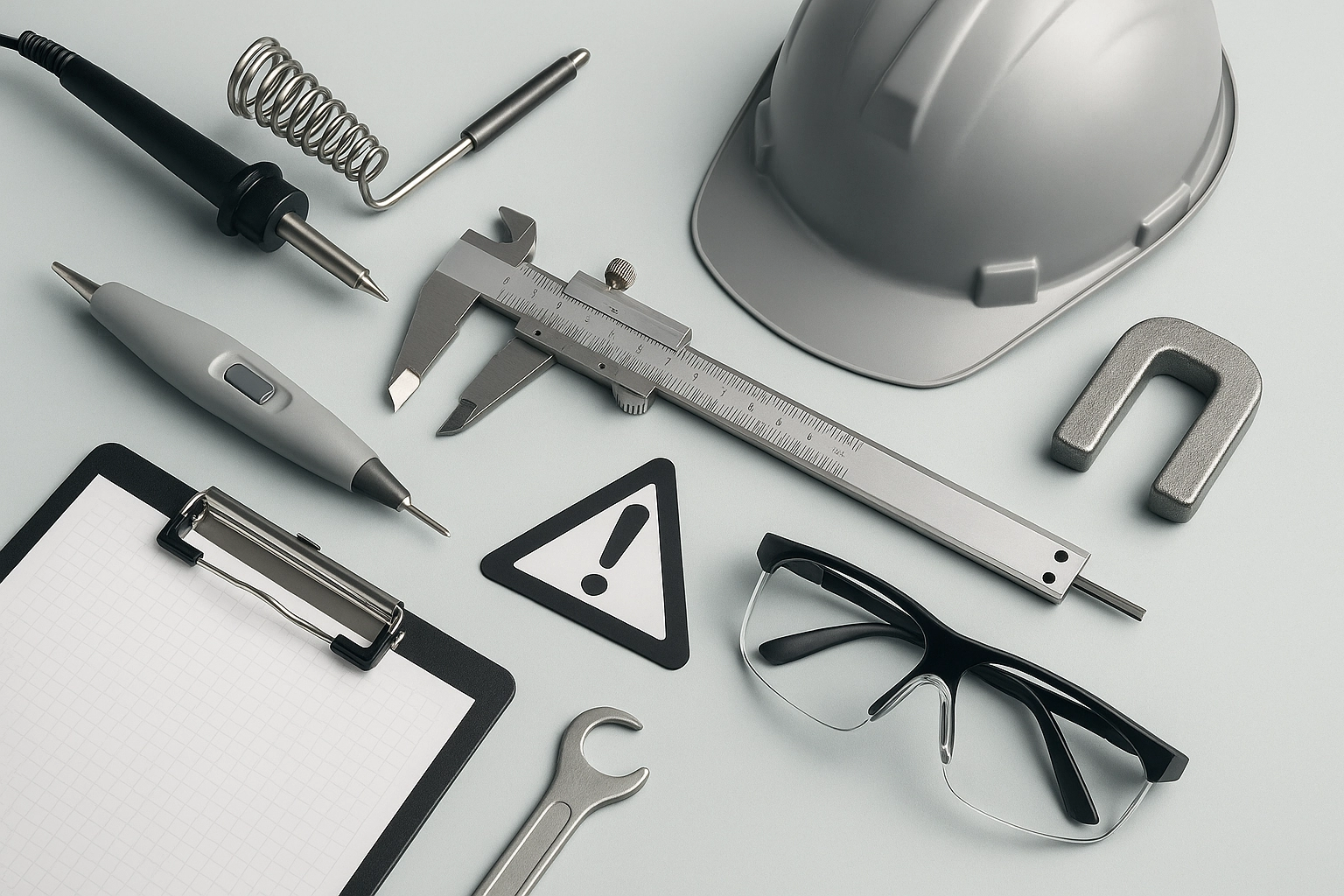ASTM F963 Tension and Torque Safety Evaluation
The ASTM F963 standard is a comprehensive document that provides guidelines to ensure mechanical safety in toys. This includes assessing the strength of materials used, ensuring proper functionality, and verifying compliance with all relevant regulations. The Tension and Torque Testing evaluates the structural integrity of toy components under stress, which helps identify potential hazards such as breakage or deformation.
The ASTM F963 tension test involves subjecting a sample to tensile forces until failure occurs. This process assesses the material's ability to withstand stretching without breaking. Torque testing ensures that screws, bolts, and other fasteners remain secure under cyclic loading conditions. These tests are crucial for identifying weak points in toy design that could lead to accidents or injuries.
During this evaluation, samples from various parts of the toy undergo rigorous examination using specialized equipment capable of measuring both static and dynamic loads accurately. Specimen preparation plays a critical role; it involves selecting appropriate specimens representative of actual production items. Proper specimen selection ensures accurate results reflecting real-world usage scenarios.
The testing process follows strict procedures outlined in ASTM F963, ensuring consistency across different laboratories worldwide. Compliance with these standards guarantees that products meet international safety requirements set forth by regulatory authorities like the CPSC (Consumer Product Safety Commission).
By conducting tension and torque evaluations according to ASTM F963 guidelines, manufacturers can ensure their toys comply with industry best practices while minimizing risks associated with potential failures.
| Applied Standards | Description |
|---|---|
| ASTM F963-21 | This standard covers the general requirements for mechanical safety of toys intended for children, including tension and torque tests. |
| ISO 8124-5:2014 | International equivalent addressing similar aspects related to toy safety. |
| EN 71-3:2019 | European standard providing supplementary information on mechanical and physical properties of toys. |
| IEC 62196-1:2018 | Standard for electrical safety aspects applicable to certain types of interactive electronic toys. |
The primary goal of ASTM F963 tension and torque testing is to safeguard children by identifying any weaknesses in toy design that might pose a risk. By adhering strictly to these tests, companies demonstrate their commitment to producing safe products suitable for young consumers.
These evaluations help prevent incidents resulting from structural failures within toys, thereby protecting public health and safety interests. They also serve as an important tool during product development stages, allowing designers to refine designs based on empirical data obtained through testing.
The results of ASTM F963 tension and torque tests provide valuable insights into the durability and reliability of toy components. This information enables manufacturers to make informed decisions regarding material selection, manufacturing processes, and quality control measures throughout their supply chain.
In summary, conducting ASTM F963 tension and torque evaluations not only meets regulatory requirements but also enhances brand reputation by fostering trust among parents and guardians who rely on these assessments as indicators of product safety.
Benefits
Conducting ASTM F963 tension and torque testing offers numerous advantages to toy manufacturers. Firstly, it ensures compliance with international standards such as ISO 8124-5:2014 and EN 71-3:2019, which are designed specifically for ensuring mechanical safety in toys.
Secondly, by identifying potential weaknesses early on during product development, companies can implement necessary improvements before mass production begins. This proactive approach reduces costly recalls and improves overall brand reputation among consumers.
Thirdly, the detailed reports generated from these tests provide valuable feedback for continuous improvement efforts aimed at enhancing product quality over time. Lastly, successful completion of ASTM F963 evaluations increases confidence in both internal stakeholders like R&D teams as well as external partners involved in sourcing materials and components used in toy manufacturing.





